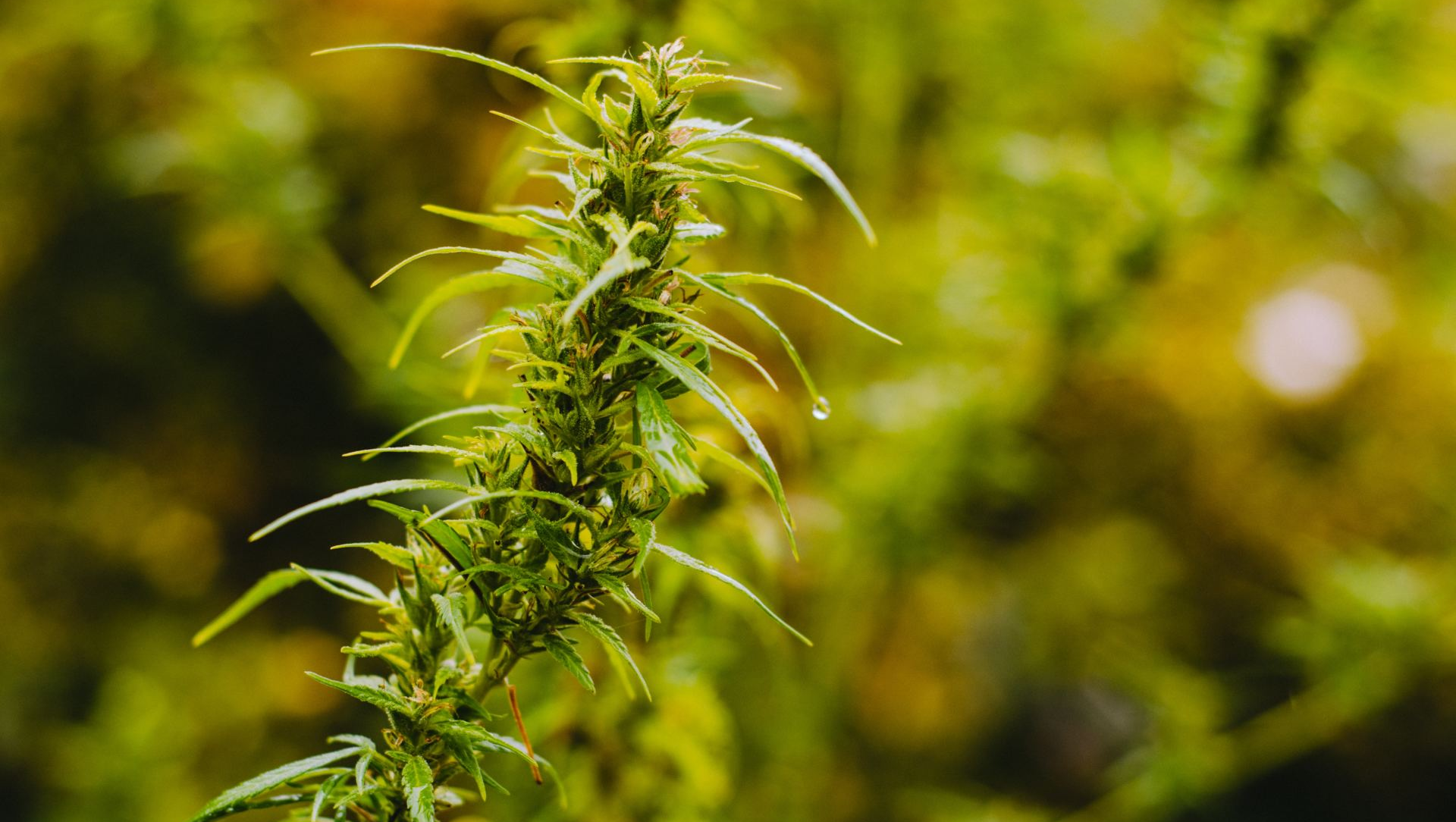
A report from the Capital Press called attention to the passage of Senate Bill 5276 and House Bill 1401 by their respective legislative bodies. The report states that the bills would establish a commercial industrial hemp program in Washington State along the guidelines specified in the federal farm bill passed earlier this year, which legalized the crop nationally. To this point, Washington State has trailed other states such as Oregon and Colorado in fostering a commercially viable industrial hemp program. According to the advocacy group Vote Hemp, only 142 acres of hemp were cultivated in Washington in 2018. The Capital Press notes that the entirety of that crop was grown by the Confederated Tribes of the Colville Reservation.
The Capital Press also quotes lawmakers as stating that they would like to have the legislation completed and passed into law in time for crops to be planted this year for harvest in the autumn. The report notes that some small differences between the Senate and House bills need to be resolved before they can be sent to the governor for his signature.
Importantly for our purposes, the texts of both bills state, “There is no distance requirement, limitation, or buffer zone,” between licensed hemp producers and processors and licensed cannabis producers and processors. Additionally, “No rule may establish such a distance requirement,” unless enough data showing impacts to either crop can be evaluated. The Capital Press points out that Washington’s current hemp rules prohibit its cultivation within four miles of licensed cannabis cultivation and processing operations, which is one of the reasons that hemp farming has not taken off in the state.
If legislation can be completed and the state Department of Agriculture can formulate rules for an industrial hemp program in time for farmers to plant a crop this year, it is possible that Washington cannabis growers could switch to cultivating industrial hemp for CBD, or at least supplement their cannabis crops with industrial hemp. Such a shift has been observed in Oregon, as we have discussed on several occasions.
Outdoor cannabis growers doing so this year could curtail cannabis production in Washington State to some extent. In Oregon in 2018, for example, the state’s fall harvest was of a comparable size relative to the year prior, despite about 300 additional producer licenses entering the Beaver State’s market.